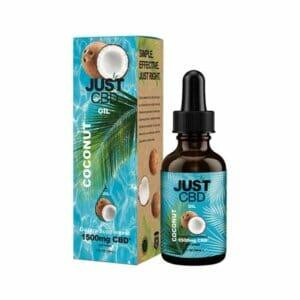Understanding Tinctures: How to Use Them Effectively
Tinctures have been used for centuries as a convenient and potent form of herbal medicine. These liquid extracts are made by soaking herbs in alcohol or another solvent to extract the active compounds. They offer a concentrated and easy-to-use method for consuming medicinal herbs. Whether you are new to tinctures or seeking to refine your usage, this guide will provide comprehensive insights into how to use tinctures effectively.
What is a Tincture?
A tincture is a concentrated herbal extract typically made by soaking plant material in alcohol or vinegar for a specific period. This process extracts the active ingredients from the plant, resulting in a potent liquid. cannabis tincture are usually stored in dark glass bottles with droppers for easy dosing.
Benefits of Tinctures
- Convenience: Tinctures are easy to carry and use, making them a convenient option for busy lifestyles.
- Potency: Due to their concentrated nature, tinctures are potent and require only small doses.
- Long Shelf Life: When stored properly, tinctures can last for years without losing their efficacy.
- Quick Absorption: Tinctures are absorbed quickly into the bloodstream, providing faster relief compared to capsules or teas.
How to Use Tinctures
Determine the Right Dosage: The dosage of a tincture can vary depending on the herb used and the individual's needs. It's essential to start with a small dose and gradually increase it as needed. Consulting with a healthcare provider or a knowledgeable herbalist can provide personalized guidance.
Administering Tinctures:
- Under the Tongue: The most common method is to place the tincture under the tongue using the dropper. This allows for rapid absorption into the bloodstream. Hold the tincture under the tongue for 30-60 seconds before swallowing.
- Mix with Water or Juice: If the taste of the tincture is too strong, it can be diluted in a small amount of water, juice, or tea. This method may slightly delay absorption but makes it easier to consume.
- Add to Food: Tinctures can also be added to foods like yogurt, smoothies, or soups. This is particularly useful for those who find the direct taste unpleasant.
Consistency is Key: For chronic conditions, regular use of tinctures as per the recommended dosage is crucial. Skipping doses can reduce the effectiveness of the treatment.
Record Your Usage: Keep a journal of your tincture usage, noting the dosage, time of day, and any effects felt. This can help in adjusting the dosage and tracking the effectiveness over time.
Storage: Store tinctures in a cool, dark place to preserve their potency. Avoid exposure to light and heat, as these can degrade the active compounds.
Safety and Precautions
- Consult a Professional: Before starting any new herbal regimen, consult with a healthcare provider, especially if you are pregnant, nursing, or taking other medications.
- Allergies and Sensitivities: Be aware of any potential allergies or sensitivities to specific herbs.
- Alcohol Content: Since tinctures are made with alcohol, those with alcohol sensitivities or those who prefer to avoid alcohol may opt for glycerin-based tinctures or other forms of herbal supplements.
